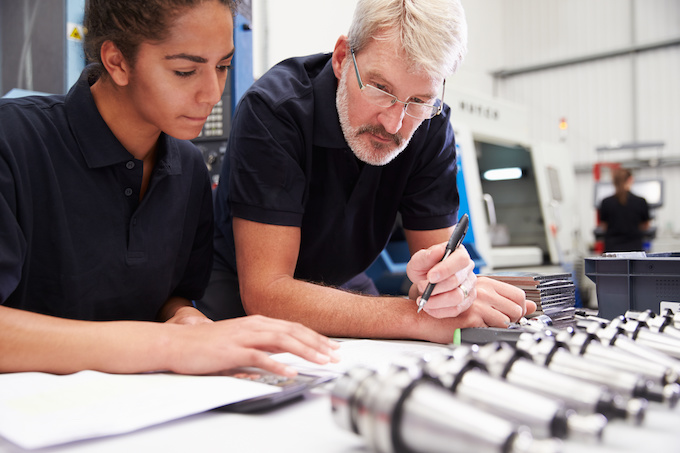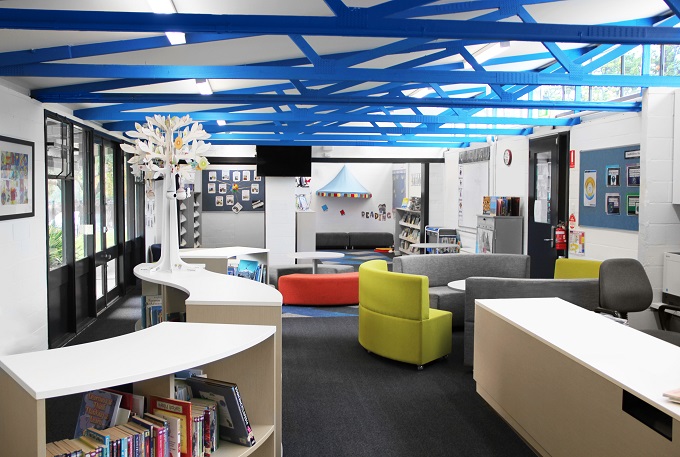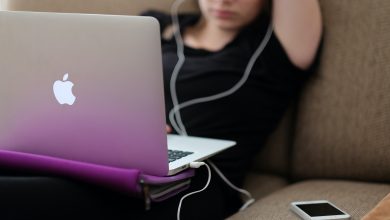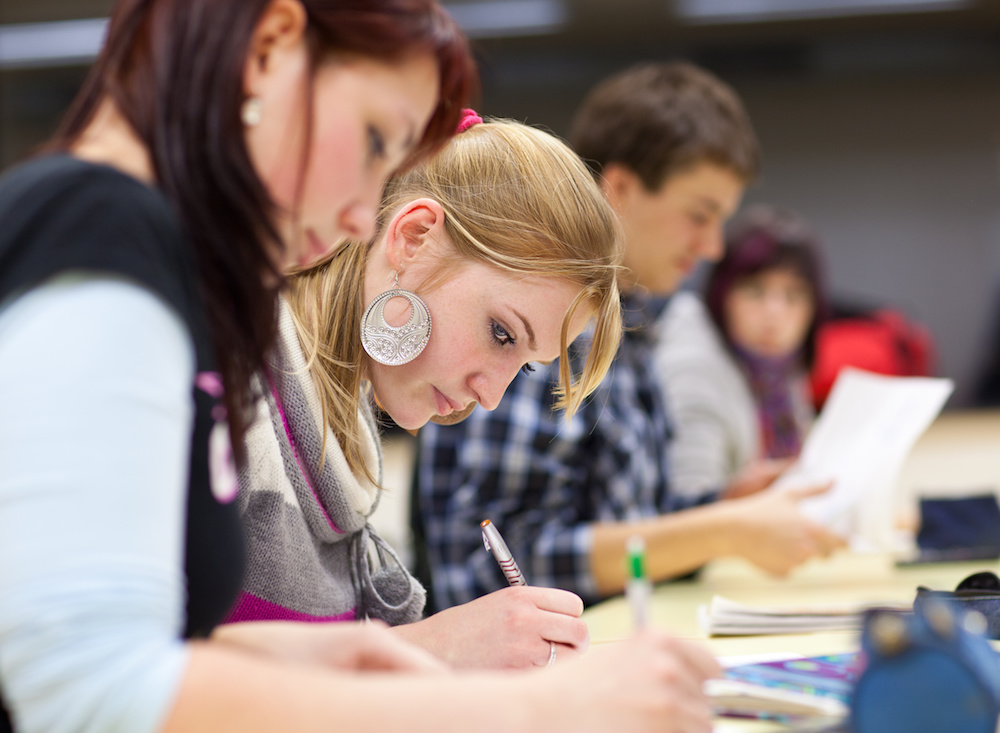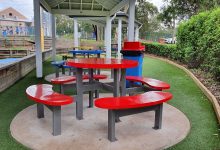Vale, Sir Ken Robinson, “teaching is an art form”
His voice inspired countless teachers with insightful commentary and pedagogical artistry.
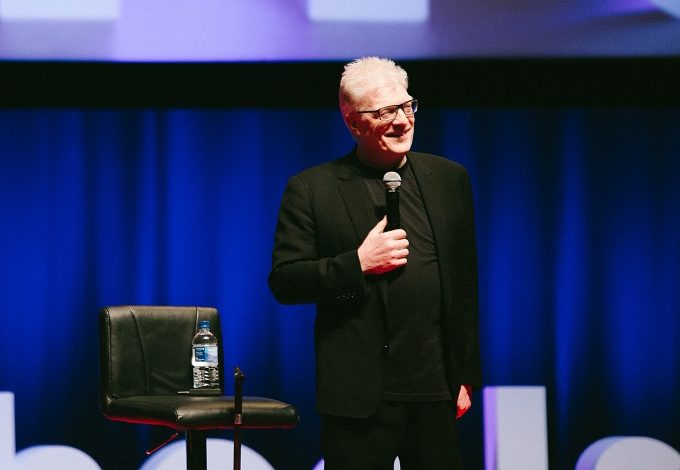
When our then-editor, Suzy Barry had the pleasure to interview Sir Ken Robinson, she was fascinated by something he often said, “teaching is an art form, not a delivery system”.
With more Australian educators turning to ‘clinical teaching’ (the process of overlaying clinical practice onto teaching practice to assess and ensure teaching practices have an impact), she wanted to ask him whether he felt there’s room in creative teaching for science and art. His fantastic response:
It’s often assumed that to be a teacher you just need a good degree in whatever it is you are being paid to teach, but it’s simply not true, it was never true.
This was certainly true of Sir Ken, who fired up the imaginations of teachers around the world. This weekend, we all sadly learned of his passing. He told her that while “a great teacher obviously knows their material”, the real skill is “engaging people in the material” and “firing up their imaginations”.
It is with heavy hearts that we announce Sir Ken Robinson died peacefully yesterday, 21st August 2020, surrounded by family after a short battle with cancer.
We will be following up with a further update as we begin to follow Sir Ken’s wishes and honour his legacy. pic.twitter.com/IS3HsgeSXl
— Sir Ken Robinson (@SirKenRobinson) August 22, 2020
In honour of his memory, we would like to share more from Suzy’s conversation with Sir Ken today as we send our deepest condolences to his family, friends, colleagues, and the wider education community.
A conversation with Sir Ken Robinson
by Suzy Barry
Great teachers are like great doctors or lawyers. They have a whole reparatory of skills; techniques and approaches, and a lot of experience, but the real skill is knowing which skill to apply where, and how to adapt it to the people in front of you.”
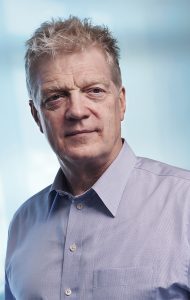
Sir Ken reminded me that great teaching is about “judgement and connoisseurship”, and while gathering relevant data means “you can be objective about what you’re doing”, he posited that education “has become far too data driven”, sidelining teachers’ judgement.
It’s like a medical examination happening with data being generated, while the patient is dying on the table. You need to make sense of the data, so you can apply it to the situation you’re confronted with – here and now.”
He didn’t see instruction as a separate science, and said, “there are elements of teaching that can be learned that are skilful and informed by experience and information, but it shouldn’t be reduced to some sort of algorithm”.
There are all sorts of things that go on in schools that depend on human contact. Contact with individual teachers, your interaction within the school community, and your links with the broader community. None of them is more important than another.
“Having a rich curriculum and having expert, well supported teachers; having informed assessment, and having links with the greater community is what makes a great school.”
He often spoke about “organic systems” being key for situations involving people. “Education is more like gardening than manufacturing: the thing is that gardeners know that there are conditions under which plants flourish and that’s true of all human communities – what it comes to is the culture of the place.”
Creative schooling: the wider view
IN our conversation, Sir Ken maintained that his approach to education was neither hypothesis nor theory: “I’m simply describing what happens to be the case when you go into schools. If there’s a rich curriculum, if there’s interactive teaching, if there are close links with the community, kids flourish. If they’re sitting at desks all day having the life tested out of them, they don’t.”
So, what can be done?
He suggested persuading policy makers, “who are setting the tone from above” that “standardised testing, narrowing the curriculum and imposing more conformity are actually counter-productive in their own terms” must be part of the discourse to influence the political conversation.
A lot of things get in the way of students and teachers realising their potential: one is the great pressure of testing, and there’s every reason to push back. One of the reasons I wrote my new book, You, Your Child and School, is because parents are disaffected about testing and they are pushing back too – and I’m keen to encourage them because it’s counterproductive and doesn’t serve anybody.
I wondered how school leaders might support teachers within their own micro-society to enact the ‘education revolution’. Sir Ken began with defining the difference between learning, education and school.
Children love learning; they learn voraciously. They don’t all get on with education and some of them have a bad time with school. The difference is that learning is a natural process of acquiring skills and understanding; education is a more organised approach to learning, a more formal approach very often; and school is a community of learners.
Building innovative culture:
‘ask forgiveness, not permission’
We’ve come to think of schools as particular sorts of places, with their own habits and rituals and routines, but schools don’t have to be the way we think they are.
“There are all kinds of institutional habits and expectations that have gathered around schools, which are often obstructing learning and stifling the enthusiasm and curiosity on which great education depends.”
“Principals have a great opportunity – I know there are often oppressive political pressures on schools, but as well as pushing back against some of these harmful pressures, there’s also room for change within schools – even within the systems. A lot of what goes on in schools isn’t mandated; it’s just habit. And if we start to reimagine how schools work, you tend to see bigger improvements in the quality of teaching and learning than otherwise.”
He added that the marginalisation of programs in arts and humanities, PE and even playtime “in the interest of high stakes testing obsession” has resulted in “impoverished culture in education, which deteriorates people’s enthusiasm for learning”.
There’s an awful lot that principals can do to rectify that, by looking at the balance of education and by getting to teachers to collaborate across disciplines.
Sir Ken said, “change always happens from the ground up; it happens in real places with real people,” and he noted that principals can set the tone in their organisations to “shift the zeitgeist”.
I asked, how does this look in practice? He added that culture is about permission: it’s about ‘what’s ok’ and ‘what isn’t’ – and in some schools, leaders are facilitating a school culture where innovation is encouraged, “despite the prevailing political climate”.
It’s happening because the leadership of the school is allowing people to try things differently. It’s about being prepared to make mistakes and try things out on the basis of trial and error, which is how innovation works.
“It’s not about commanding control; it’s about climate control. If you’re able to set a different series of boundaries in schools and give people permission to try things, they will.
There’s a lot of creative energy in schools that we are not tapping into, and if we start from the premise of ‘schools as a community of learners’ and then decide what type of community it should be, we can strip away things that may be preventing it being that way, because they are mainly conventions we’ve become used to, they’re not laws that we have to obey.

